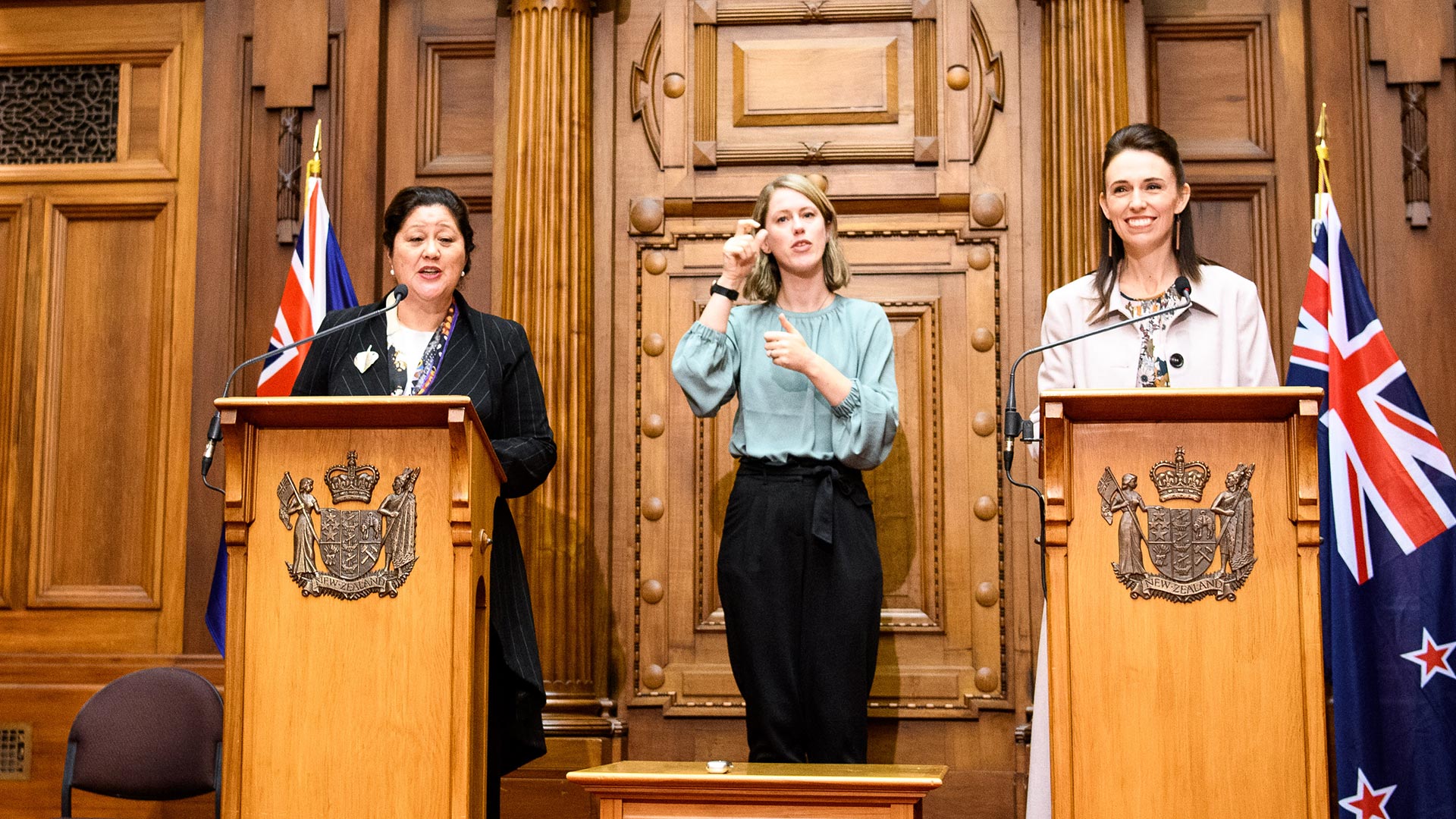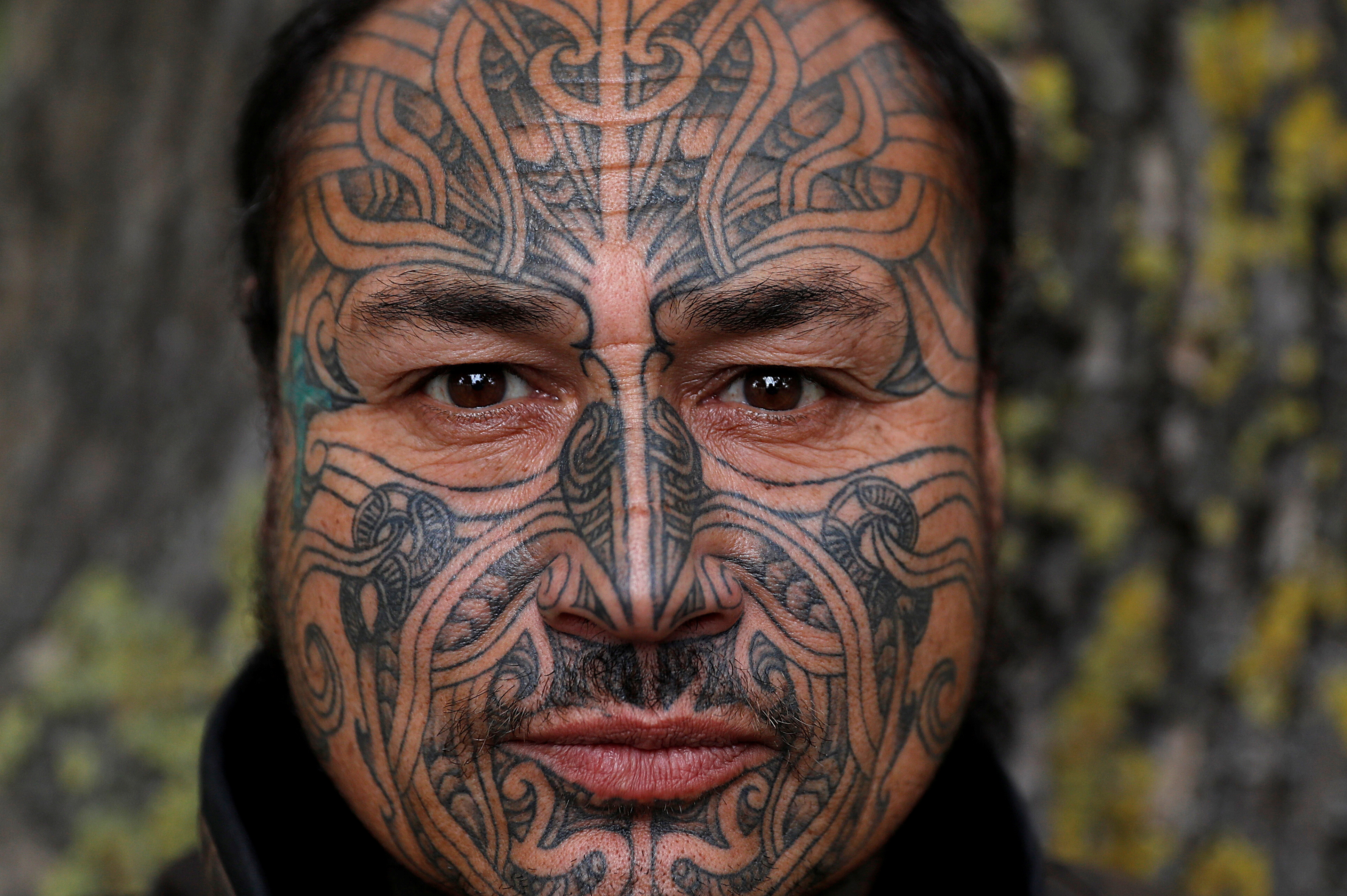
campaign for Rename to New Zealand Developments in the country’s parliament spurred by the Maori Party backing a petition for statehood. Aotearoa.
According to them, the current name dates back to colonial times, so they prefer a name linked to indigenous oral history.
The campaign has collected more than 70 thousand signatures It will be examined by a parliamentary committee which will recommend a referendum, hold a referendum or take no action.
“This is a realignment of where we are as a nation,” said Rawiri Waititi, co-leader of the Maori Party, a minor party in parliament that supported the petition. Wall Street Journal. “Don’t you be afraid”.
Prime Minister Jacinda Ardern is in favor of making more use of Aotearoa, but according to a spokeswoman, the government is not officially exploring a formal change.

For their part, opinion polls do not show overwhelming support for the amendment. More than half of those surveyed want to keep their current name40% favor options to rename Aotearoa or Aotearoa New Zealand.
“We are a Polynesian country and we are Aotearoa”, the Maori Party pointed out when it opened its signature-gathering campaign last year.
Although the exact etymology of Aotearoa, the Maori name for New Zealand, is unknown, there are several theories about its origin, such as referring to one of the canoes of the great Polynesian settlement or The mythical “long white cloud” guided the travelers.
With British colonization in the 19th century, the name New Zealand was adopted, given by the Dutch explorer Abel Tasman, referring to a province in the Netherlands called Zeeland.
The Maori Party’s request coincides with a moment when Labor government Jacinda Ardern recognizes the culture of the original people. Ardern, who speaks Maori in some of her speeches and performs some traditional ceremonies, declared the Maori New Year (Mataraki) a national holiday earlier this year to recognize the shared identity of New Zealanders.
“The people of this land (Tangada Whenua) are fed up with our ancestral names being mutilated, insulted and neglected. “We are in the 21st century and this has to change,” the Maori Party insisted in a campaign launched on social media.

Historical records
There have been many petitions and attempts to change New Zealand’s name over the years, including a request in 1895 to officially adopt “Maryland”, which was already the country’s unofficial name.
When Abel Tasman saw these populated beaches in 1642, he named the place Staten Land, believing it was somehow connected to the island of States in what is now Argentina. Later, a cartographer from the Dutch East India Company named it New Zealand (or Nova Zeelandia in Latin).
“Zee” translates to “sea” in Dutch, and its etymology in English is complicated. In Northern European languages Sjælland described a place closely connected to the sea.
The country was not named directly because of the connection between land and sea, but because of a Dutch place in the southwest of the Netherlands that already had the name Zeeland. Early Dutch explorers also called forts in present-day Taiwan and Guyana Zeelandia.
When James Cook arrived in 1769, New Zealand was called New Zealand in English. In addition, Cook renamed Te Moana-o-Raukawa Cook Strait and imposed dozens of other English place names.
As for Aotearoa, it can be broken down to find its meaning: if we translate “Ao” as world, “tea” as bright or white, and “roa” as long, we have a common translation of “long bright world” or “”. A long white cloud”.
(with information from EFE and Conversation)
Continue reading:

“Typical beer advocate. Future teen idol. Unapologetic tv practitioner. Music trailblazer.”
